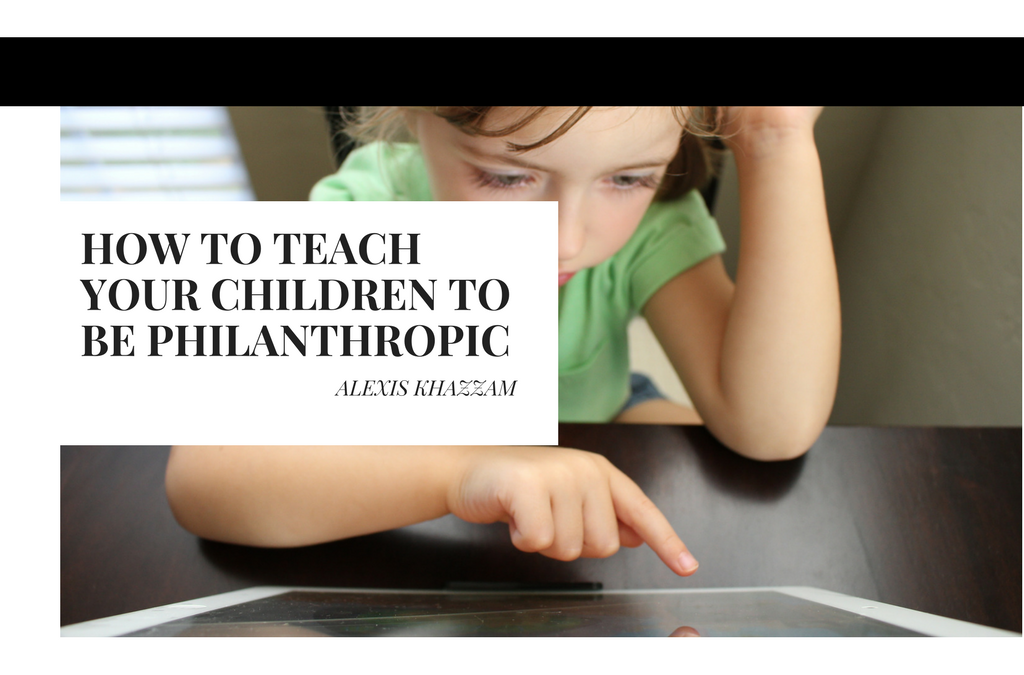Most people who have children desire that they grow up to be philanthropic and contribute to their community. How exactly can you ensure that your child will grow up to be involved in philanthropy? There is no guarantee but the following methods have been proven to be successful.
Start Teaching Them Young
The Wall Street Journal says that as soon as children are old enough to help someone else by volunteer, you should begin teaching them about philanthropy. As soon as they are old enough to receive an allowance you should really emphasize the importance of philanthropic behaviors. And before that, engage them in doing “chores” for the family: more than just cleaning up their own space, but doing something for the good of other people in the family. Studies find that a parent who talks to a child about giving increases the likelihood that the child gives by at least 13 percentage points.
The Balance explains that very young children often don’t realize that other people have feelings, ideas, and emotions of their own. By the time they turn three, children begin to understand and respect the fact that each and every one of us has an inner life of our own. Knowing that other people have feelings, children can begin to develop and hone a sense of empathy; this capacity for empathy is the very basis for charity.
Give Out Loud
Money.com explains that we often give silently by mailing a check or clicking a button online, so children don’t know our values and the causes we are supporting. Make your actions obvious each time you make a gift by telling your kids about the nonprofits you contribute to and the impact those funds will have.
Sign Them up for Service Oriented Groups
Children learn more easily by doing things they enjoy. If your child enjoys biking, get them involved in a service project related to your local biking trail. Organizations like Girl Scouts and Boy Scouts are another great opportunity to teach your child about the value of philanthropy. These organizations build philanthropic opportunities into their programs and your child will be exposed to many different ways of giving back.
The earlier children are exposed to philanthropy, the more likely they are to become involved later on in life. Begin teaching them young. Be deliberate and talk to your children about your own philanthropic ventures. Finally, get your children involved in service-oriented groups.

